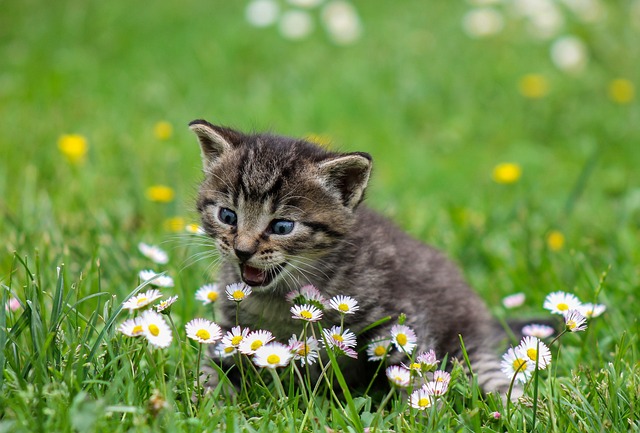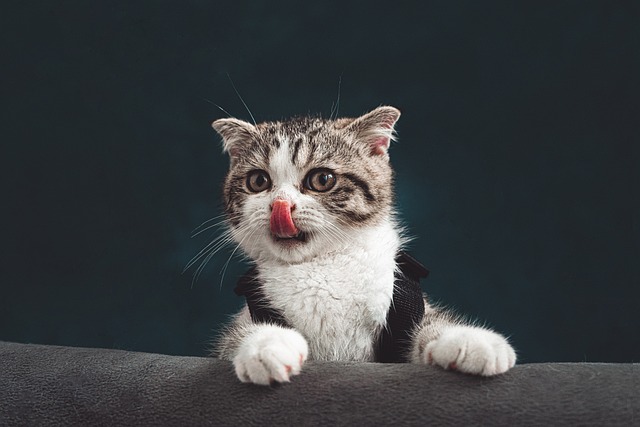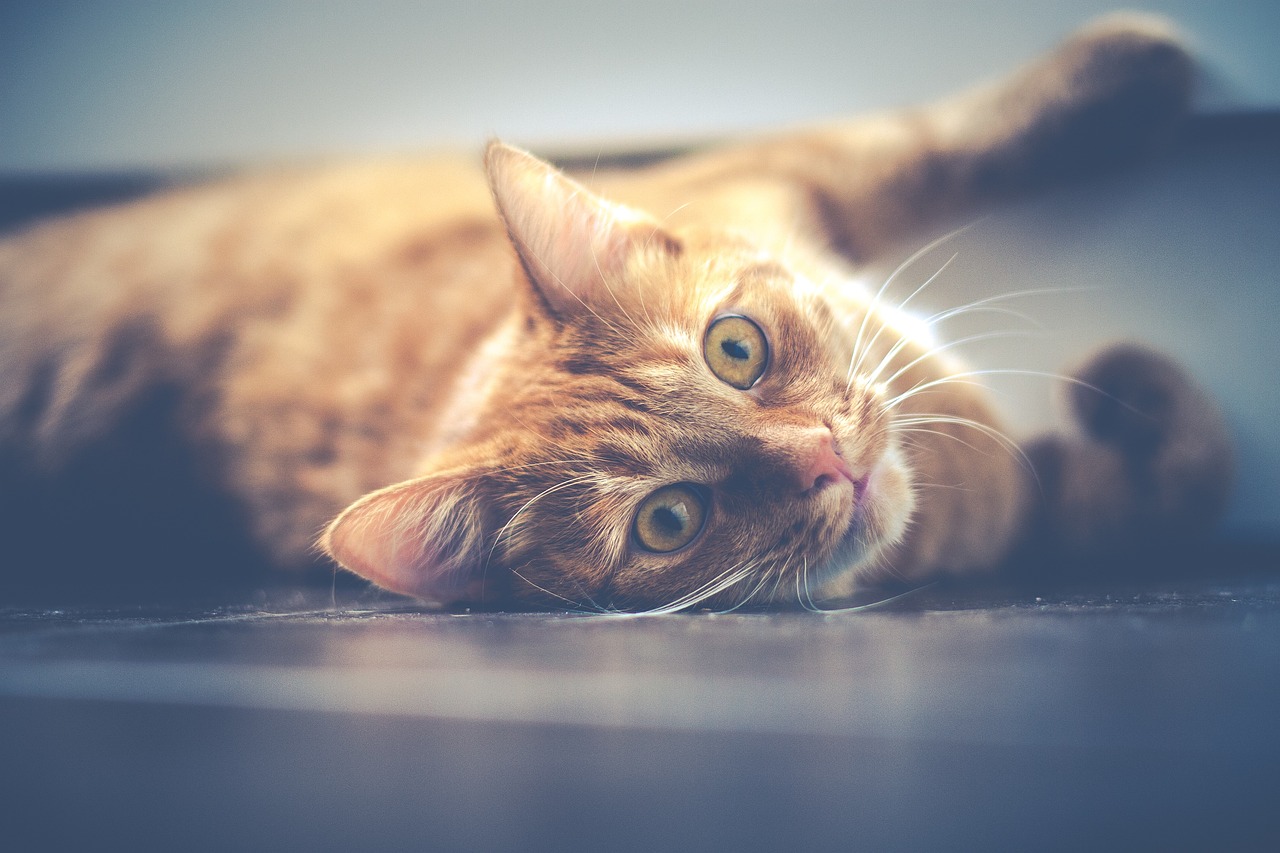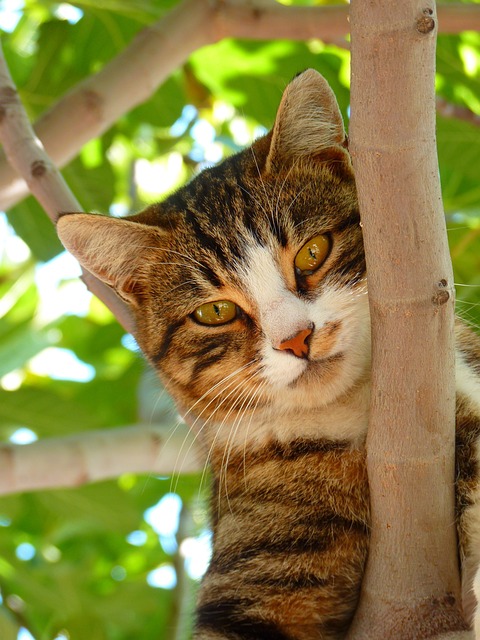Cats have captured the hearts of humans for centuries with their mysterious allure and independent nature. One question that often arises among cat owners is, “How long do cats live?” In this comprehensive guide, we will delve into the factors that influence a cat’s lifespan and explore strategies for promoting longevity in our beloved feline companions.
Average Lifespan of Cats
Domestic cats typically enjoy a lifespan ranging from 12 to 15 years, but many factors contribute to variations in longevity. Indoor cats tend to live longer than their outdoor counterparts due to reduced exposure to environmental hazards and diseases. Feral cats, on the other hand, face numerous challenges in the wild, leading to shorter lifespans averaging around 2 to 5 years.
Factors Affecting Cat Longevity
- Genetics and Breed: Certain breeds are predisposed to specific health issues that may affect their lifespan. For instance, purebred cats like Persians may be prone to respiratory problems, while Siamese cats may have a higher risk of certain genetic conditions.
- Diet and Nutrition: Providing a balanced diet with high-quality cat food is essential for supporting a cat’s overall health and longevity. Proper nutrition helps prevent obesity and reduces the risk of obesity-related health issues such as diabetes and arthritis.
- Veterinary Care: Regular veterinary check-ups, vaccinations, and preventive care play a crucial role in extending a cat’s lifespan. Early detection and treatment of health issues can prevent complications and improve outcomes for cats.
- Environmental Factors: Creating a safe and stimulating environment is key to promoting a cat’s well-being and longevity. Indoor enrichment activities, access to clean water, and a comfortable living space contribute to a cat’s overall quality of life.
Common Health Issues and Longevity
As cats age, they may be more susceptible to age-related conditions such as dental disease, arthritis, and kidney disease. Preventive measures such as dental care, weight management, and senior wellness exams can help address these issues and improve a cat’s quality of life in their golden years.
Conclusion
While genetics certainly play a role in determining a cat’s lifespan, proactive care and attention to their well-being can significantly impact how long they live. By understanding the factors that influence cat longevity and providing proper care and nutrition, we can ensure our feline companions lead long, healthy, and fulfilling lives.






